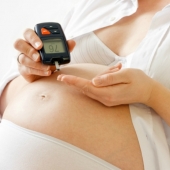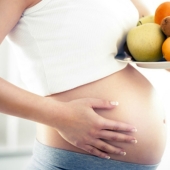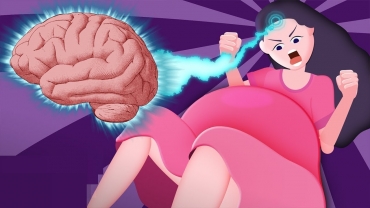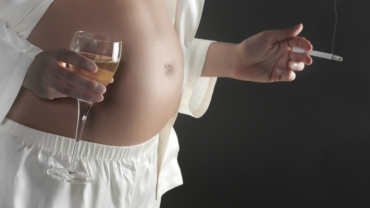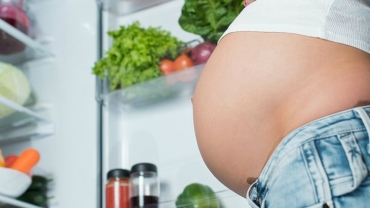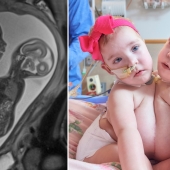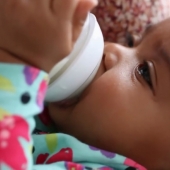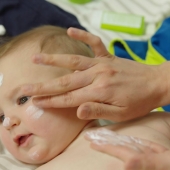Studies show two percent of newborns test positive for HIV. Doctors say that number is a reflection of successful treatments given to pregnant mothers. Every mother should be screened for HIV at the beginning of pregnancy.
Dr. Stephanie Stovall, a pediatric infectious disease doctor with Golisano Children’s Hospital of Southwest Florida, says the three main risk factors of HIV are sex, blood injections from a foreign source, and being born.
If a mother tests positive for HIV, that doesn’t mean the baby will be born with the human immunodeficiency virus. “There are lots of things we can do to prevent that. The first is getting the mom treated and getting her viral load suppressed. That lessens the risk that either her blood or her vaginal secretions will transmit the virus to the baby. Depending on how high her viral load is she may need to have a C-section in order to lessen the risk of transmission to the baby.”
Immediately after the baby is born doctors will use medication to try to prevent any additional transmission. The baby is treated and tested every four to six weeks until the child is four months old. “After all of those tests are done, assuming they are all negative, we have excluded HIV in the baby,” said Dr. Stovall.
But if the baby tests positive, they will be started on a lifelong multidrug therapy just like an adult. “These kids can have a completely normal life. They can have the same kind of relationships. They can have the same opportunity to be parents. They can grow up. If they take care of themselves their HIV doesn’t have to limit them in their joy or happiness of life,” said Dr. Stovall.
Doctors say the sooner they can start treatment on the mother and baby the better off both will be.
- 70 views

